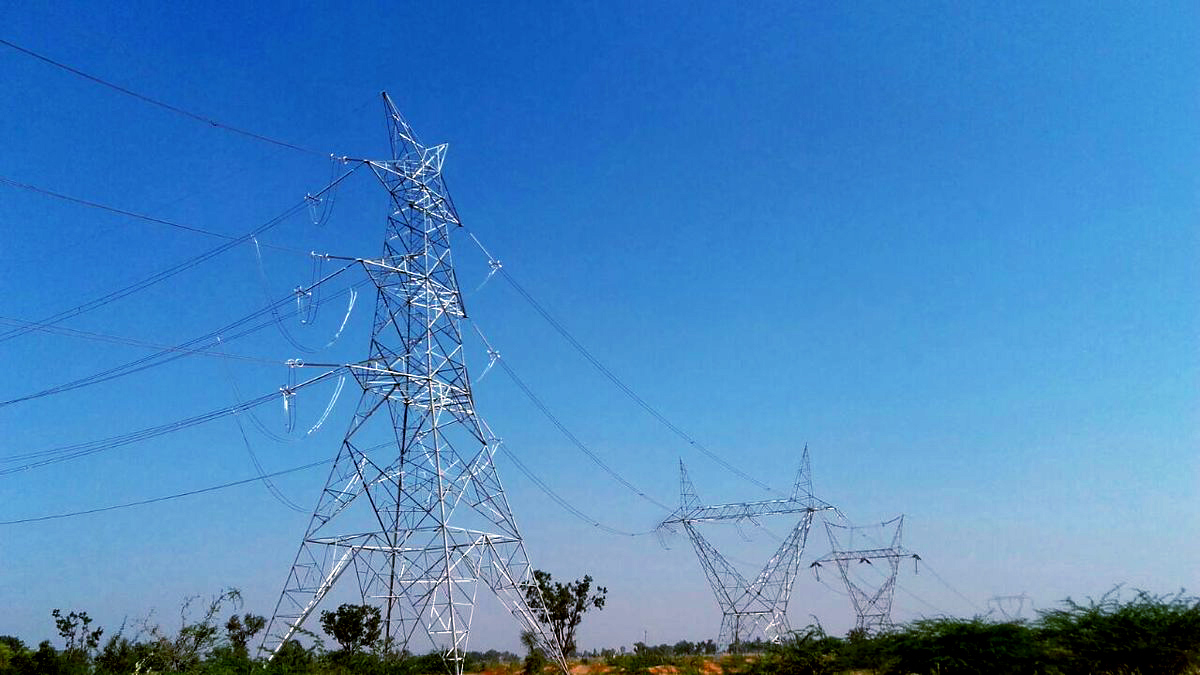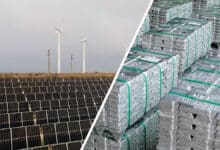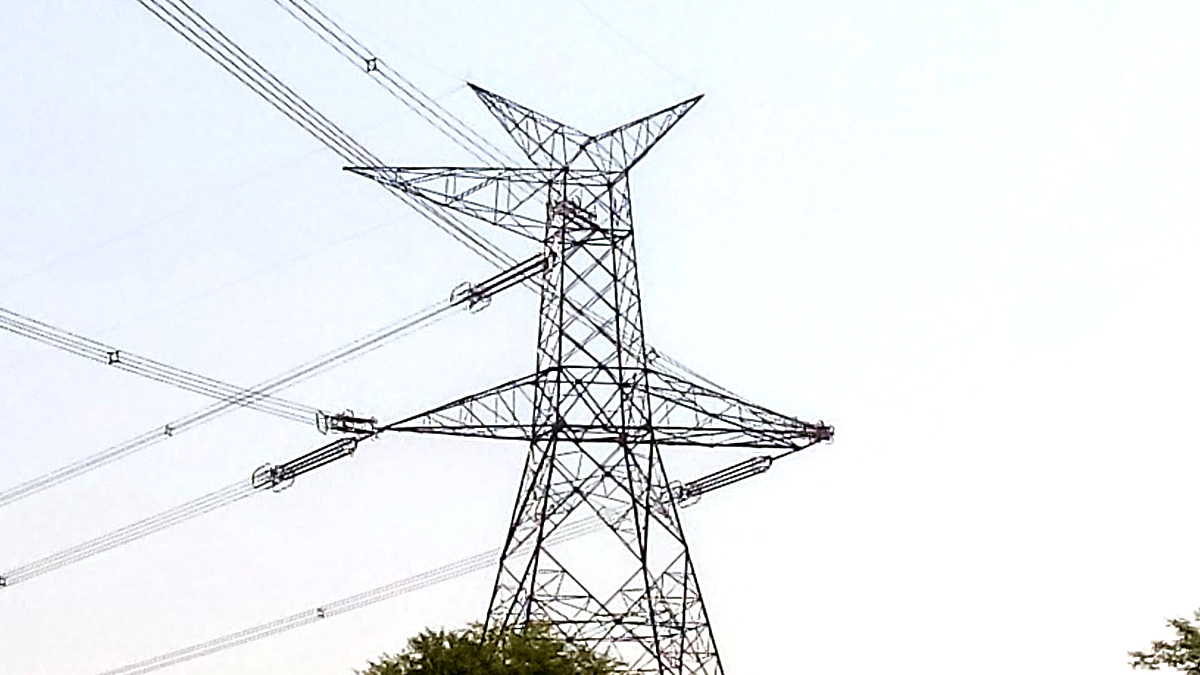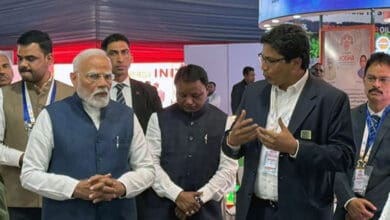The Karnataka Electricity Regulatory Commission (KERC) on Monday approved an increase in energy charges by five paise per unit and raised fixed charges ranging between ₹10 and 30 per kilowatt. The overall average increase accounts for ₹0.35 per unit for the financial year 2022-23, which is up by 4.33%, he added.
“Considering the proposals of Electricity Supply Companies, the Commission has approved revenue deficit of ₹2,159 crore of ESCOMs for the financial year 2022-23, and approved increase in energy charges by five paise per unit and an increase in fixed charges ranging between ₹10 and 30 per HP/KWh/KVA to the consumers for recovery gap of ₹2,159 crore,” KERC chairperson H M Manjunatha told reporters.
Manjunatha said due to COVID-19, the sale of energy by ESCOMs in 2020-21 has drastically come down by 7,228.65 million units resulting in reduction in revenue by ₹6,182.84 crore than the approved figure.
The ESCOMs had sought an average raise of ₹1.85 per unit, accounting for 23.83% increase for a proposed revenue deficit of ₹11,320 crore, the KERC chairman said.
The power purchase cost in 2020-21 has also increased by ₹0.31 per unit due to payment of fixed charges without drawing energy from thermal stations.
He added that the deficit for 2020-21 alone accounts for a raise in tariff by ₹0.27 per unit.
The KERC chairman said the remaining increase of eight paise per unit is towards overall increase in the input costs towards power purchase, operation and maintenance, depreciation and borrowing costs for 2022-23.
“In order to enable the ESCOMs to carry their business of supplying the electricity, which is the basic need of the society, the increase in tariff has become inevitable,” Manjunatha said.
Further, explaining about some other highlights of the new tariff order, he said a rebate of ₹0.50 per unit will be given to the micro and small scale industries to help them recover from the adverse effects of COVID-19.
There will be concessions to seasonal industries such as ice manufacturing units and cold storage plants, along with a rebate of ₹1 per unit in the energy charges during the current financial year.
There will also be continuation of relaxation in the evening peak time (6 pm to 10 pm) of the day during monsoon months between July to November, the KERC chairman said.
To promote purchase and use of energy from renewable sources, green tariff at ₹0.50 per unit over and above the applicable tariff for high-tension industries and high-tension commercial consumers at their option to promote purchase of renewable energy from ESCOMs will continue, the officer said.
He told reporters that power is being purchased at ₹6 per unit and sold at ₹8.43.
The transmission and distribution loss in the state is 13%, which the KERC and ESCOMs are trying to minimise, the KERC chairman said.
Speaking about the energy generation, Manjunatha said of the total 30,200 MW power generated in the state, about 15,000 MW comes from renewable energy sources such as mini-hydel, solar and wind.













